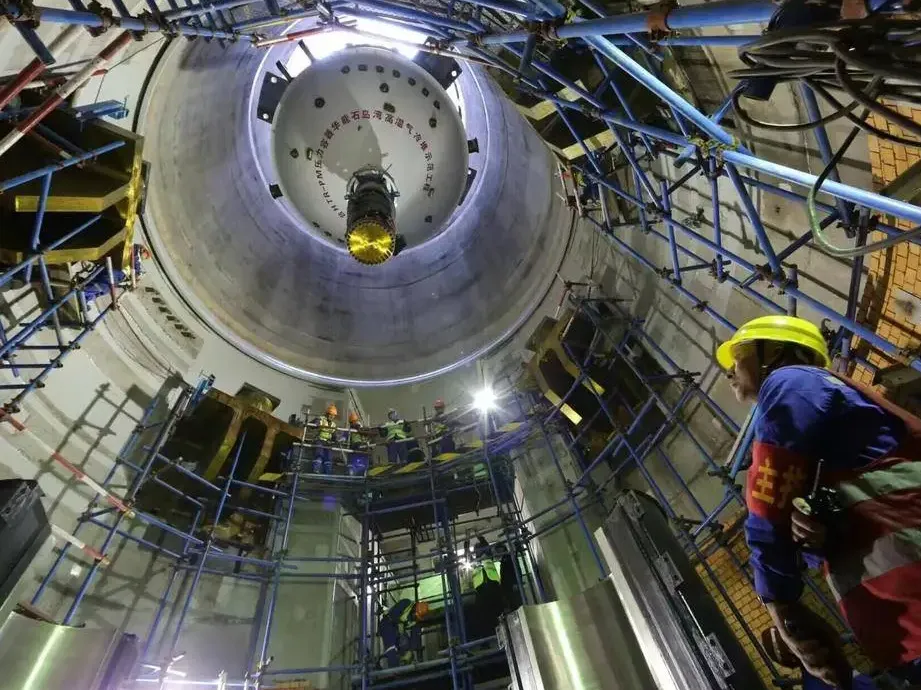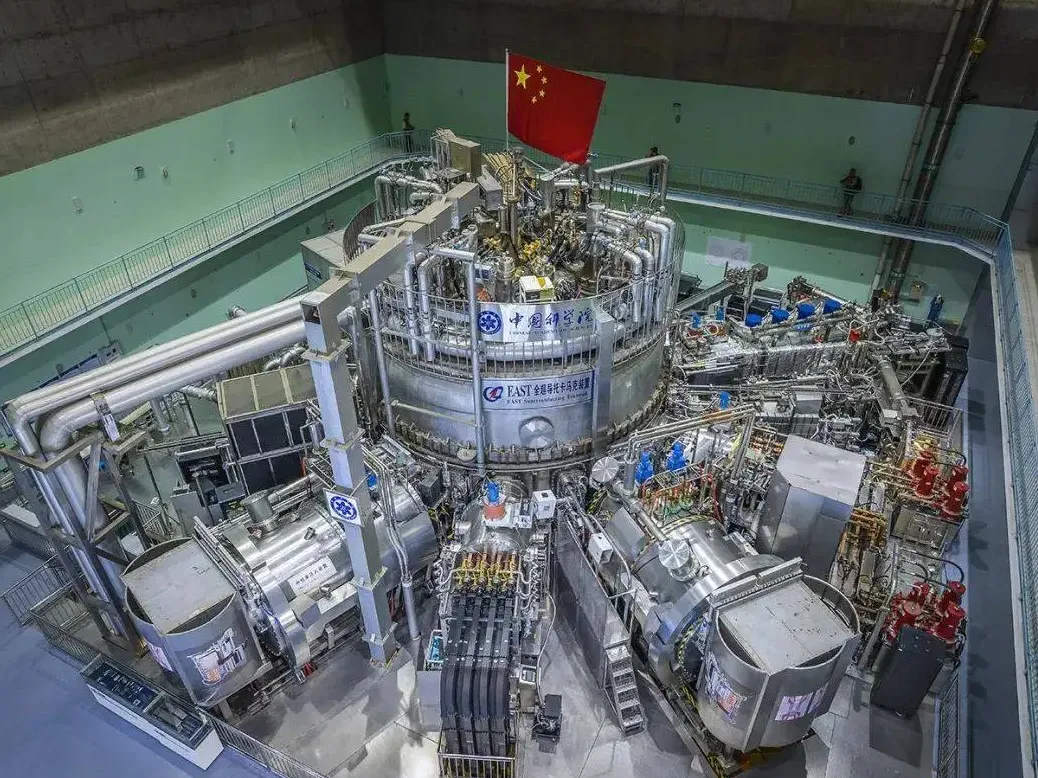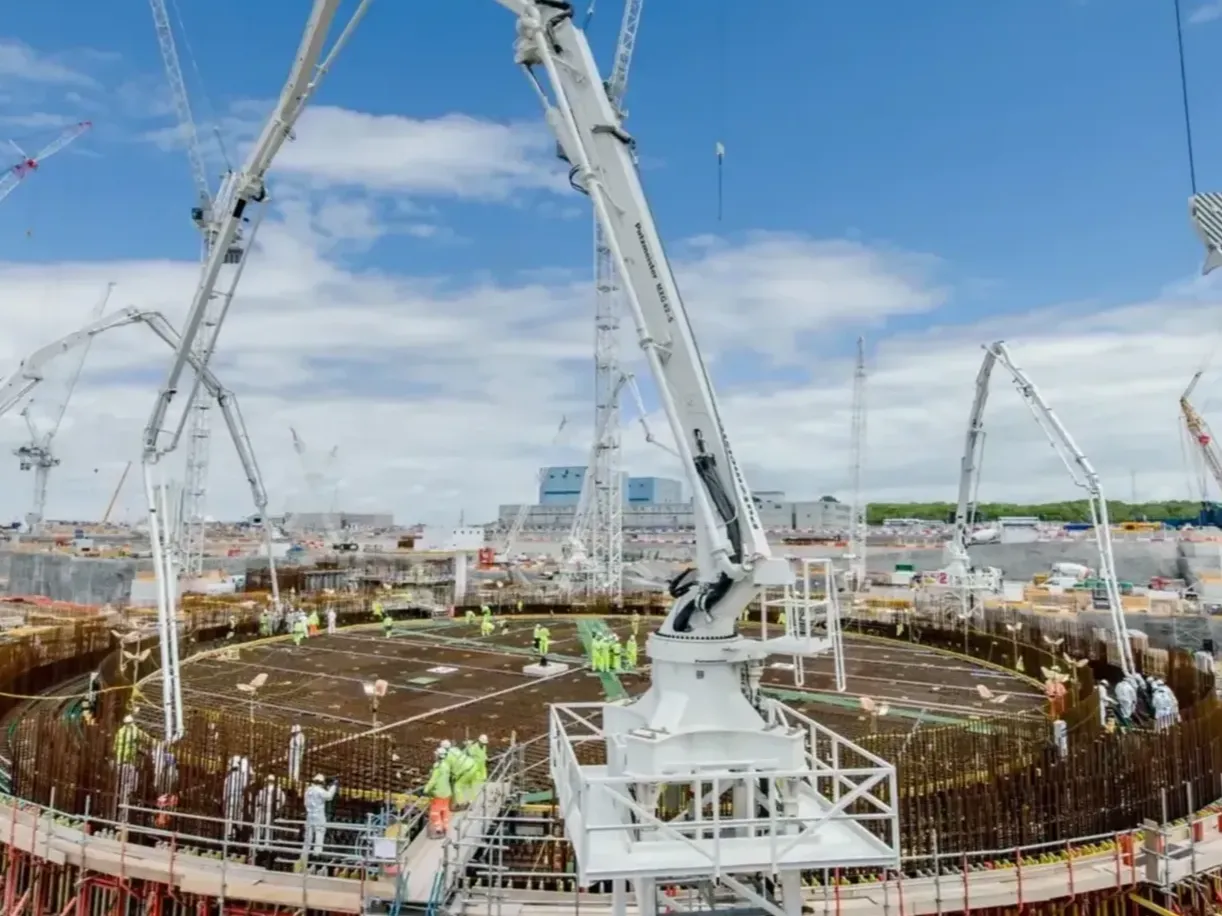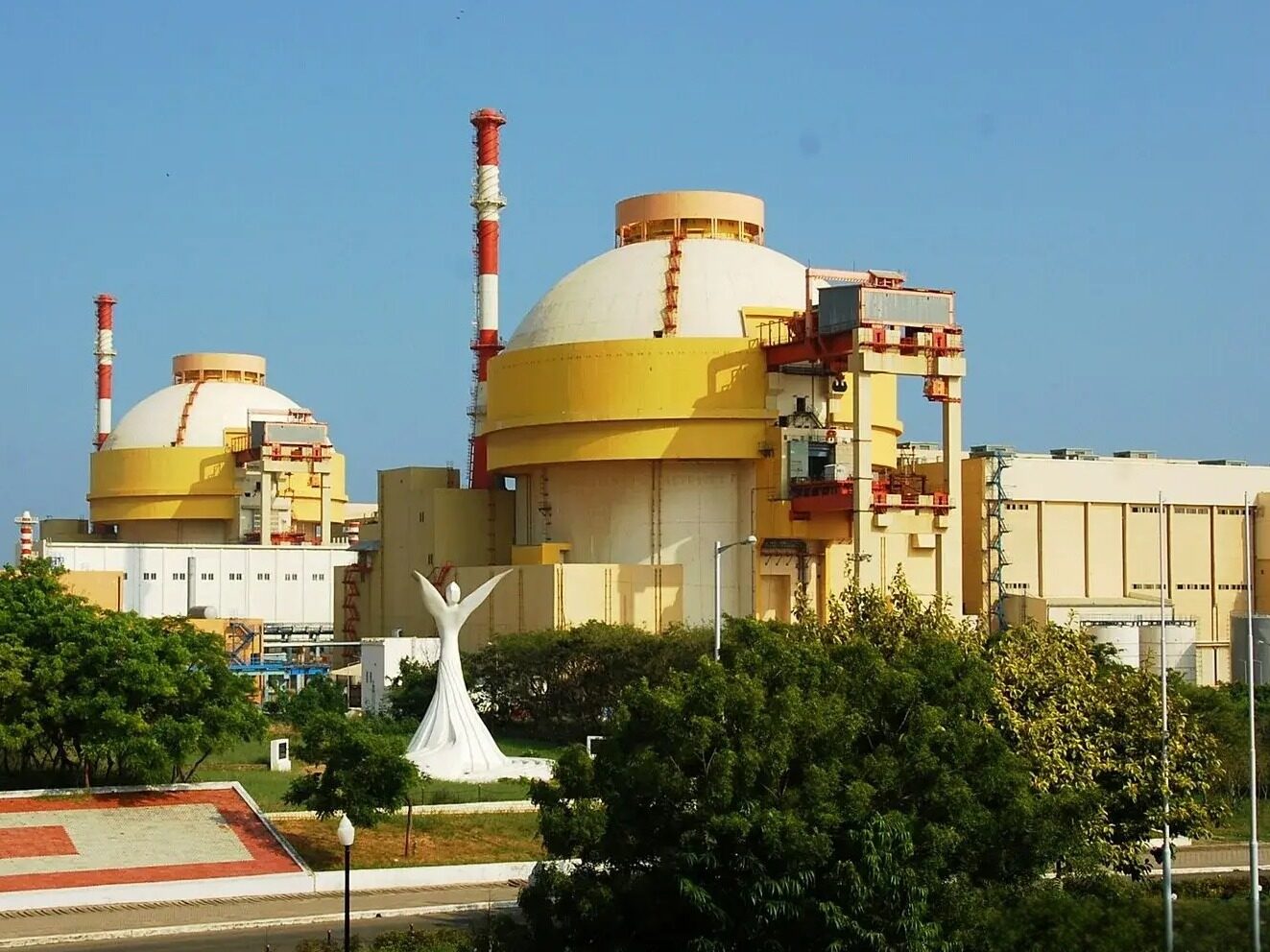- Coal is expected to remain the backbone of India's energy system over the next two decades

According to a new in-depth report prepared for the Indian government, India can achieve clean, affordable electricity and achieve net zero emissions by 2070, but will need significant amounts of nuclear and renewable energy to achieve this goal.
Ajay Kumar Sood, Chief Scientific Adviser to the Government of India, launched the initiative "India's Synchronized Transition to Possible Net-zero Energy: Affordable Clean Energy for All" on April 3. The 224-page report was prepared by India's Ahmedabad Institute of Management (IIMA) as part of a project approved by the Office of the Chief Scientific Adviser (PSA) of the Government of India in November 2021. The purpose of the project is to conduct a comprehensive study to find ways to minimize the cost of electricity on the consumer side and to develop the best mix for all sources of electricity to achieve net zero emissions.
The IIMA project team is led by Amit Garg under the guidance of an expert group formed by the PSA office, which includes representatives from the coal, nuclear, solar, wind and biofuel power generation industries. The report was independently reviewed by Tata Consultancy Engineers Limited.

At the COP26 climate conference in Glasgow in November 2021, Indian Prime Minister Narendra Modi pledged that India would achieve net zero carbon emissions by 2070. The report states that in order to achieve this goal, the Indian power sector needs to decarbonize "ahead of schedule." The study explores how India can achieve clean and affordable electricity under four different net-zero (NZ) pathways and maps its future energy needs under seven alternatives for low to high economic growth, in line with India's ambition to achieve 'developed nation' status by 2047.
Coal is expected to continue to be the backbone of India's energy system over the next two decades, but nuclear power generation forms a significant part of all energy pathways in New Zealand. "However, non-fossil energy sources (renewables and nuclear) need to slowly but surely replace the fossil fuel share," the report states. "Net zero is a challenge for India. Multiple transitions in energy supply and end-use must take place almost simultaneously."
"New Zealand will not be able to achieve this without significant nuclear power generation by 2070," the report concluded. This will require significant investment in research, development and large-scale deployment of nuclear technologies. But end-user costs under the NZ1 scenario - described as having a "push" towards nuclear, including a nuclear capacity of 331 GWe by 2070 - were found to be the lowest of all options for New Zealand. "This is an important insight that should guide policy and technology baskets at the national level," it added. Establishing a carbon price in India could generate more funds to "fill the investment gap to achieve nuclear thrust." Editor/Xu Shengpeng
Comment
 Praise
Praise
 Collect
Collect
 Comment
Comment
 Search
Search














Write something~